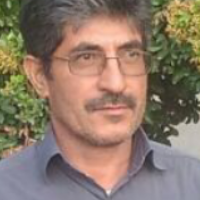Analysis of the Umayyad Discourse after the Karbala Incident Based on the Theory of Laclau and Mouffe
The disagreement and lack of conformity between the Umayyad and Ahl al-Bayt factions after Karbala event increased the grounds for discursive confrontation in both speech and action dimensions. This led, on the one hand, to a change in the dominant discourse structure of the Umayyads and, on the other hand, to a deepening of the achievements of the Karbala uprising. The aim of this study is to provide answers to the following questions, while presenting the Umayyad actions in facing Karbala, using the discourse theory of Laclau and Mouffe which considers the dimensions of discourse as both speech and behavior: “What are the reasons for the change in the dominant discourse of the two opposing factions?”, and “What strategies does the dominant discourse adopt to overcome this challenge?” The findings of the research show that the confusion of the stability of the meaning of the Umayyad discourse in a competitive environment with the Ahl al-Bayt discourse after Karbala caused the unrest of the Umayyad discourse and a change of practice from the dominant discourse to the discourse of interaction and appeasement in order to overcome the challenges of the threatened rule.
-
Social and disciplinary approaches in the battle of Astyages and Cyrus
Anahita Amani Yeganegi, Ahmad Kamranifar *,
Journal of Police Historical Studies, -
The Altaic Turks and Moral-Religious Relations with the Sassanids
Khodakaram Rafiee, *, Naser Jadidi
Scientific Journal of History Research,


